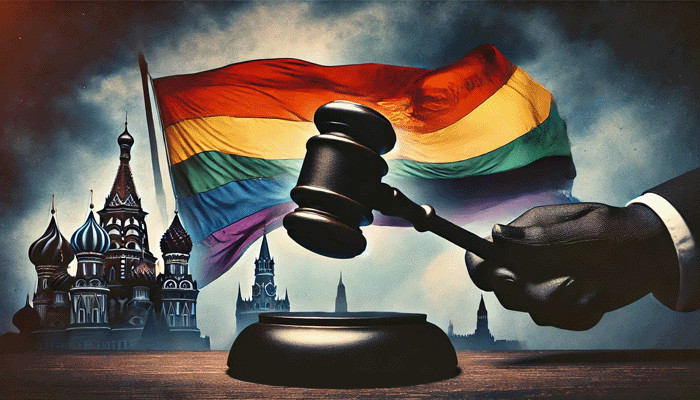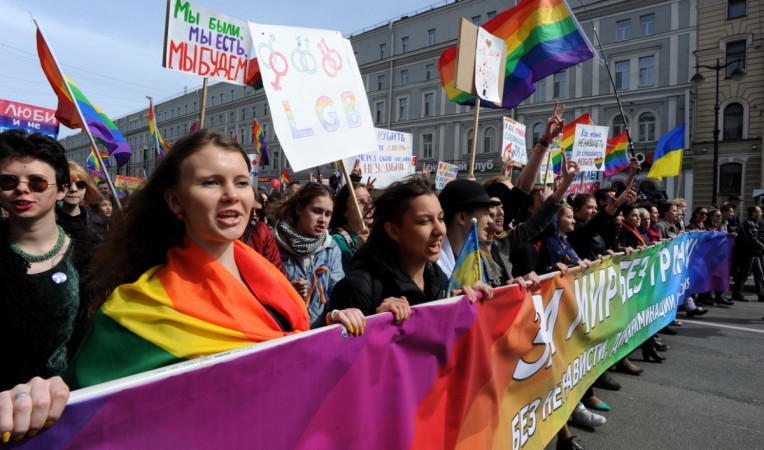Legal analysis of the court decision on the rape of a minor in Nakhchivan
Based on Ruslan Aliyev's legal arguments, he shared on LinkedIn
02/Nov/25
1083
Legal analysis of the court decision on the rape of a minor in Nakhchivan
Based on Ruslan Aliyev's legal arguments, he shared on LinkedIn.
A brief summary of the incident
The facts of three military personnel repeatedly raping a minor boy in Nakhchivan were made public. The victim's father, Novruz Musayev, appealed to the president and demanded a fair investigation.
However, the court's decision clearly violated the principles of justice - one of the accused was sentenced to only 9 months in prison, the other to 1 year, and the third person was released from responsibility altogether. Later, the sentences of the accused were increased by 1 year.
The most problematic point is that the court decision indicated that the accused's "suffering from homosexuality" was applied as a mitigating circumstance in the sentence, indicating that it was a "mental disorder".
Legal issue
Presenting homosexuality as a mental illness and mitigating the sentence on this basis is a clear violation of the Criminal Code of the Republic of Azerbaijan and international law.
Legal framework
Azerbaijani Criminal Code:
Article 6 of the Criminal Code: “All persons who have committed a crime are equal before the law.”
Articles 21 and 23 of the Criminal Code: Exemption from liability is possible only in cases of insanity; this does not apply to cases of drunkenness and voluntary loss of self-control.
Article 59 of the Criminal Code: The list of mitigating circumstances is closed; it is limited only to those provided for by law. “Other circumstances” are exceptions and must not contradict the spirit of the law.
Articles 72 and 78 of the Criminal Code: Mental illness gives rise to exemption from liability only in cases where a person completely lost his or her sanity at the time of the act.
Articles 291 and 295 of the Criminal Code: A judge or investigator who makes a knowingly unfair and unlawful decision is criminally liable.
International standards:
Article 8 of the ECHR – right to respect for private life; courts recognize discrimination based on sexual orientation as “discrimination.”
WHO ICD-10 and ICD-11 – Since 1994, homosexuality has been excluded from the list of mental illnesses.
Yogyakarta Principles (2007) – oblige states to refrain from legal and medical discrimination based on sexual orientation.
Application and Ruslan Aliyev’s arguments
Lawyer Ruslan Aliyev writes:
“The judge, by using the phrase ‘suffering from homosexuality’ in his verdict, referred to it as an AIEPP – a mental disorder that does not exclude intelligibility. However, such a diagnosis does not exist. This contradicts international medical classifications and is prohibited by law.”
According to Aliyev, the judge “worked with a hidden seam” – that is, by “formally” aligning homosexuality with Article 59.1.9 (mental disorder) of the Criminal Code, he reduced the sentence without legal basis.
“This case is a crime under Articles 291 and 295 of the Criminal Code. The judge, investigator and prosecutor made a knowingly unfair decision.”
According to the lawyer’s analysis, the court applied this argument not based on mental illness, but as a “mitigating circumstance,” applying exemption from liability under the guise of a “mitigating circumstance.”
This contradicts the principles of Article 23 of the law, because:
“Just as a person who commits a crime while drunk or under the influence is not exempted from liability, being homosexual cannot exempt anyone from liability or reduce their punishment.”
Aliyev notes that this ruling:
“Contradicts the principle of equality of criminal law (Article 6) and human dignity. Homosexual orientation is neither an illness nor a mitigating factor. The judge’s inclusion of this in the sentence is itself a serious state crime.”
International legal assessment
The precedents of the European Court of Human Rights (Dudgeon v. United Kingdom, Toonen v. Australia) consider the presentation of homosexuality as a “disease” a violation of human rights. In this regard, the decision of the Nakhchivan court contradicts both Articles 8 and 14 of the ECHR and Article 25 of the Constitution of Azerbaijan.
Recommendations
This incident demonstrates the ethical and legal decline of law enforcement and judicial bodies. The presentation of homosexuality as a mental disorder by judges and experts:
Constitutes discrimination and moral insult;
Is a violation of Articles 6, 59, 72–78, 291 and 295 of the Criminal Code;
Contradicts the principles of a fair trial and equality of the ECHR.
It is recommended:
Abolish the legal force of the decision and conduct a re-investigation;
Initiation of criminal proceedings under Articles 291 and 295 of the Criminal Code against responsible persons (judge, investigator, prosecutor);
Alignment of psychiatric examinations with international medical classifications (ICD-11);
Ensuring the victim's rights to rehabilitation and social protection.
Powered by Froala Editor



